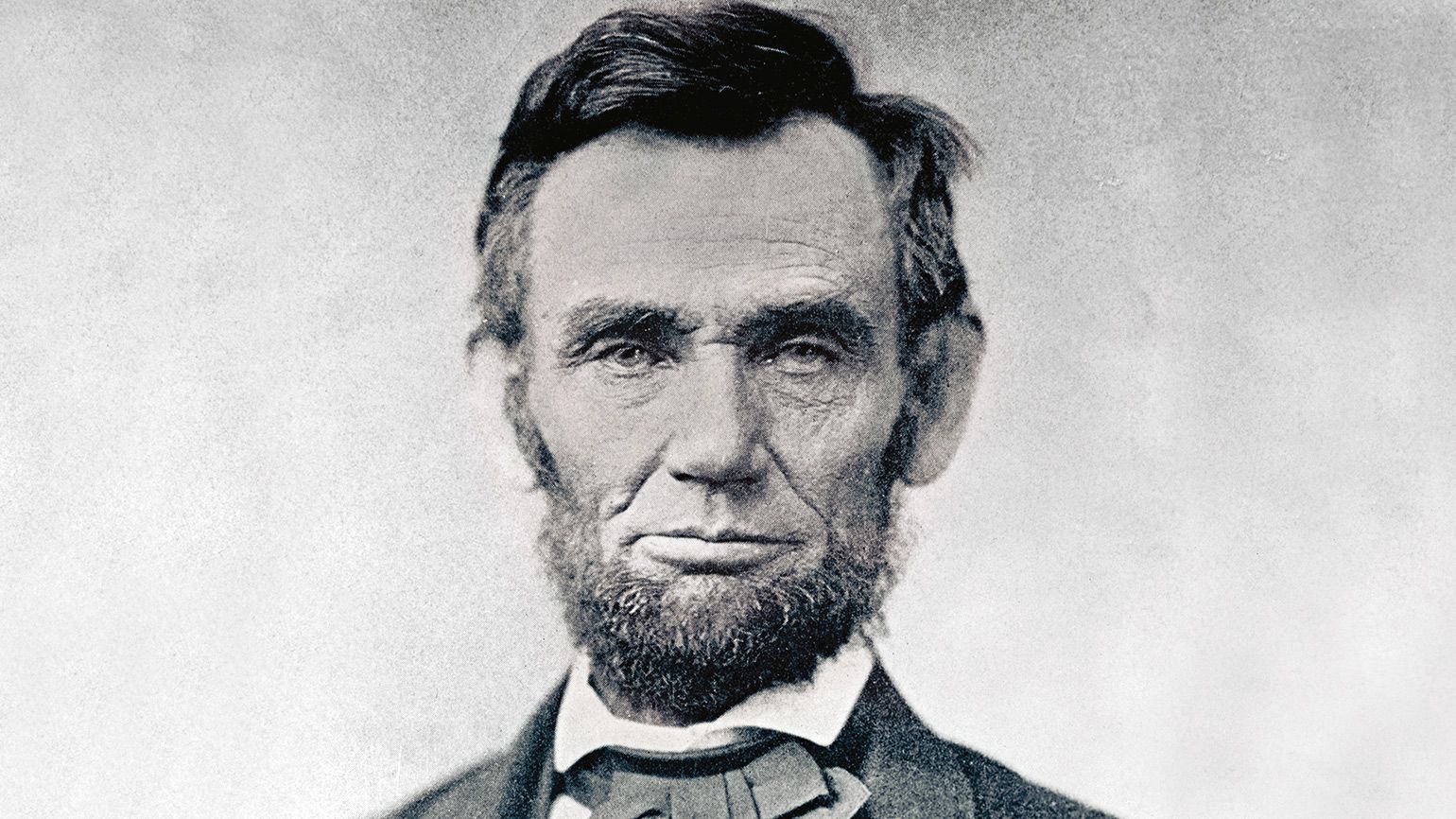
Ever wondered if historical figures had mental disorders? Many famous individuals from history faced mental health challenges. These conditions often influenced their lives and legacies. From Abraham Lincoln's depression to Vincent van Gogh's bipolar disorder, these figures battled inner demons while shaping the world. Understanding their struggles can offer a new perspective on their achievements. Mental health issues are not just modern problems; they have been part of human history for centuries. Learning about these historical figures' mental disorders can help reduce the stigma around mental health today. Ready to dive into the lives of these extraordinary individuals? Let's explore their stories.
Key Takeaways:
- Many famous historical figures, including artists, writers, and scientists, struggled with mental health issues, shaping their work and legacies in profound ways.
- Mental health challenges have affected influential figures throughout history, from artists like Vincent van Gogh to political leaders like Abraham Lincoln, highlighting the importance of understanding and supporting mental well-being.
Historical Figures and Their Mental Disorders
Throughout history, many influential figures have battled mental health issues. These challenges often shaped their lives and legacies in profound ways. Here are some fascinating facts about historical figures and their mental disorders.
Artists and Their Struggles
Artists often channel their inner turmoil into their work, creating masterpieces that resonate through the ages.
- Vincent van Gogh suffered from severe depression and psychotic episodes. His mental health struggles are well-documented through his letters and the tragic act of cutting off his own ear.
- Edvard Munch, the painter of "The Scream," experienced anxiety and hallucinations, which he believed were inherited from his father.
- Michelangelo showed signs of obsessive-compulsive disorder (OCD), meticulously working on his sculptures and paintings to the point of exhaustion.
- Georgia O'Keeffe battled depression and anxiety, which influenced her later works, reflecting isolation and introspection.
- Jackson Pollock struggled with alcoholism and depression, which contributed to his erratic behavior and untimely death.
Writers and Their Inner Demons
Many writers have used their craft to cope with or express their mental health struggles, leaving behind a legacy of profound literature.
- Edgar Allan Poe suffered from depression and alcoholism, which influenced his dark and macabre stories.
- Virginia Woolf battled bipolar disorder, experiencing extreme mood swings that affected her writing and personal life.
- Sylvia Plath struggled with depression, which she vividly depicted in her novel "The Bell Jar" before her tragic suicide.
- Ernest Hemingway had bipolar disorder and alcoholism, leading to his suicide in 1961.
- Leo Tolstoy experienced depression and existential crises, which influenced his philosophical writings and novels.
Political Leaders and Their Mental Health
Even those who have led nations have not been immune to mental health challenges.
- Abraham Lincoln suffered from severe depression, often referred to as "melancholy" during his time.
- Winston Churchill called his depression his "black dog," which he battled throughout his life.
- Theodore Roosevelt experienced bouts of depression, particularly after the deaths of his wife and mother on the same day.
- John F. Kennedy had Addison's disease and experienced chronic pain, which led to depression and the use of various medications.
- Adolf Hitler showed signs of paranoia and possibly borderline personality disorder, contributing to his erratic and destructive behavior.
Scientists and Their Mental Health
Great minds in science have also faced significant mental health challenges, often pushing through to make groundbreaking discoveries.
- Isaac Newton experienced periods of depression and psychotic episodes, which some believe were exacerbated by mercury poisoning.
- Charles Darwin suffered from anxiety and panic attacks, which he detailed in his letters and diaries.
- Nikola Tesla had obsessive-compulsive behaviors and experienced vivid hallucinations, which he believed were linked to his creative genius.
- John Nash, the mathematician portrayed in "A Beautiful Mind," battled schizophrenia, experiencing delusions and hallucinations.
- Marie Curie faced depression after the death of her husband, which affected her work and personal life.
Musicians and Their Mental Health
Music has often been an outlet for those struggling with mental health issues, allowing them to express their emotions and connect with others.
- Ludwig van Beethoven experienced depression and possibly bipolar disorder, which influenced his passionate compositions.
- Wolfgang Amadeus Mozart showed signs of manic episodes, characterized by periods of intense creativity and productivity.
- Kurt Cobain battled depression and addiction, which ultimately led to his suicide in 1994.
- Amy Winehouse struggled with addiction and bipolar disorder, which affected her career and personal life.
- Brian Wilson of The Beach Boys experienced schizoaffective disorder, leading to auditory hallucinations and depressive episodes.
Philosophers and Their Mental Health
Philosophers have often grappled with deep existential questions, sometimes at the cost of their mental well-being.
- Friedrich Nietzsche experienced psychotic episodes and severe depression, which influenced his philosophical writings.
- Jean-Jacques Rousseau showed signs of paranoia and anxiety, which affected his relationships and work.
- Arthur Schopenhauer suffered from depression and loneliness, which he expressed in his pessimistic philosophy.
- Søren Kierkegaard battled depression and existential angst, which deeply influenced his existentialist philosophy.
- Michel Foucault experienced depression and suicidal thoughts, which he explored in his writings on power and society.
Inventors and Their Mental Health
Inventors have often pushed the boundaries of what is possible, sometimes at the expense of their mental health.
- Thomas Edison showed signs of ADHD, characterized by his restless energy and constant pursuit of new ideas.
- Alexander Graham Bell experienced depression after the death of his brother, which motivated his work on communication devices.
- Howard Hughes suffered from severe OCD, leading to extreme isolation and erratic behavior later in life.
- Nikolaus Otto, inventor of the internal combustion engine, experienced depression and anxiety, which affected his work and personal life.
- Steve Jobs showed signs of narcissistic personality disorder, characterized by his intense focus and demanding nature.
The Impact of Mental Disorders on Historical Figures
Historical figures with mental disorders have shaped the world in unexpected ways. Their struggles often fueled their creativity, innovation, and leadership. From Abraham Lincoln's battles with depression to Vincent van Gogh's turbulent life with bipolar disorder, these individuals left lasting legacies despite their challenges.
Understanding their mental health issues helps us appreciate their achievements even more. It also reminds us that mental illness doesn't define a person's worth or potential. These stories inspire us to support those facing similar struggles today.
By learning about these historical figures, we gain a deeper understanding of the human experience. Their lives teach us resilience, empathy, and the importance of mental health awareness. Let's continue to honor their contributions while advocating for better mental health support for everyone.
Frequently Asked Questions
Was this page helpful?
Our commitment to delivering trustworthy and engaging content is at the heart of what we do. Each fact on our site is contributed by real users like you, bringing a wealth of diverse insights and information. To ensure the highest standards of accuracy and reliability, our dedicated editors meticulously review each submission. This process guarantees that the facts we share are not only fascinating but also credible. Trust in our commitment to quality and authenticity as you explore and learn with us.


